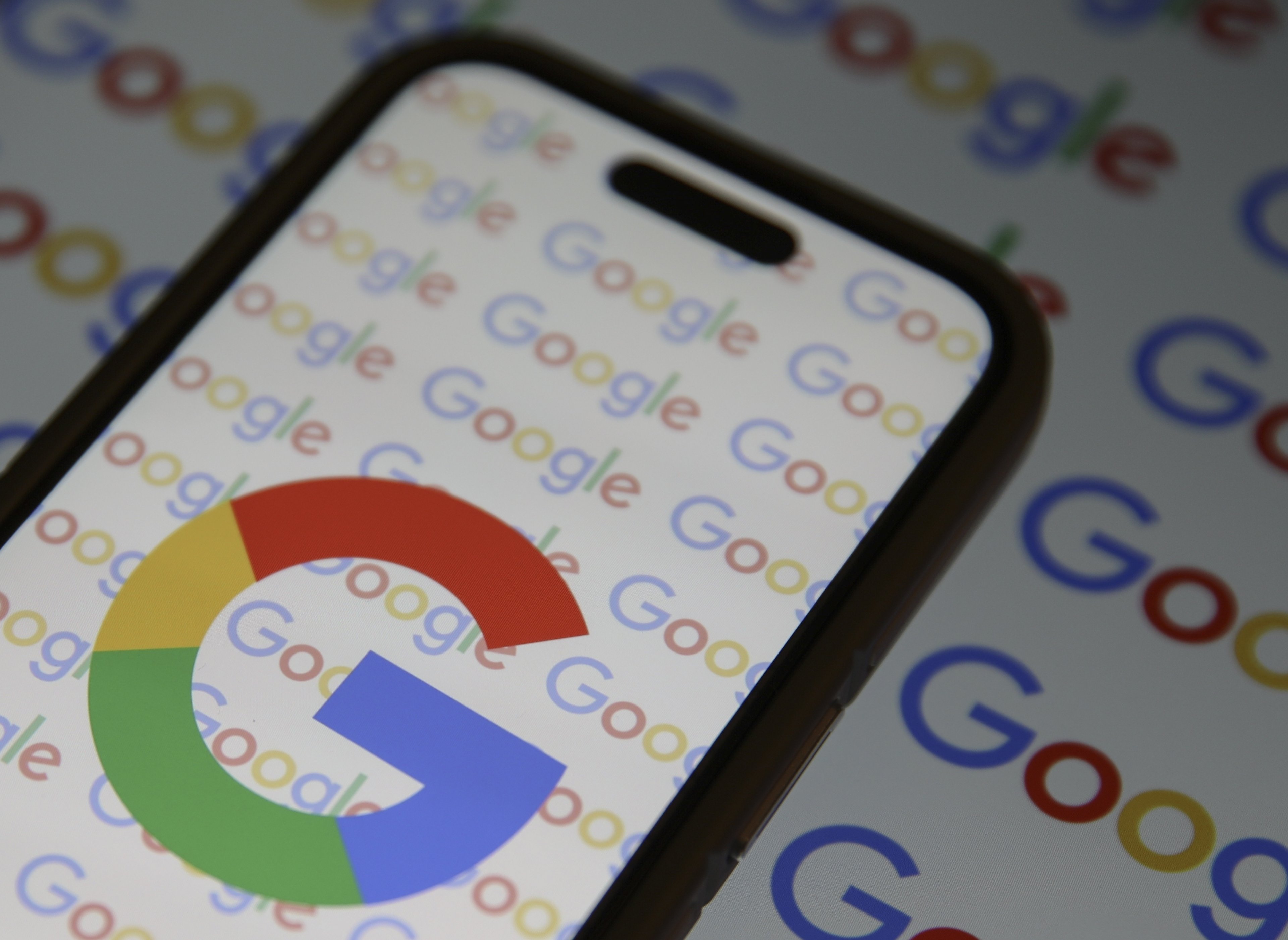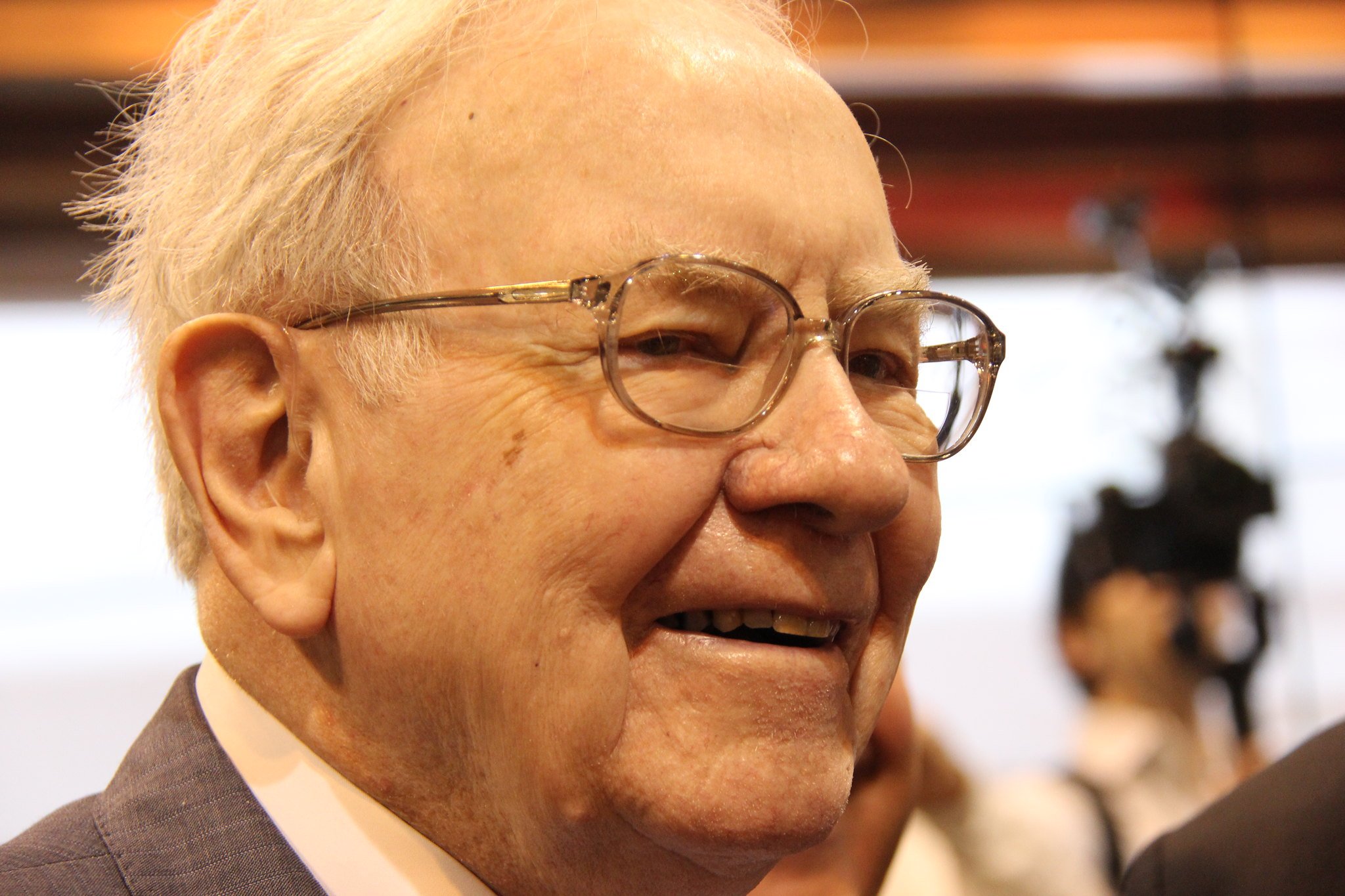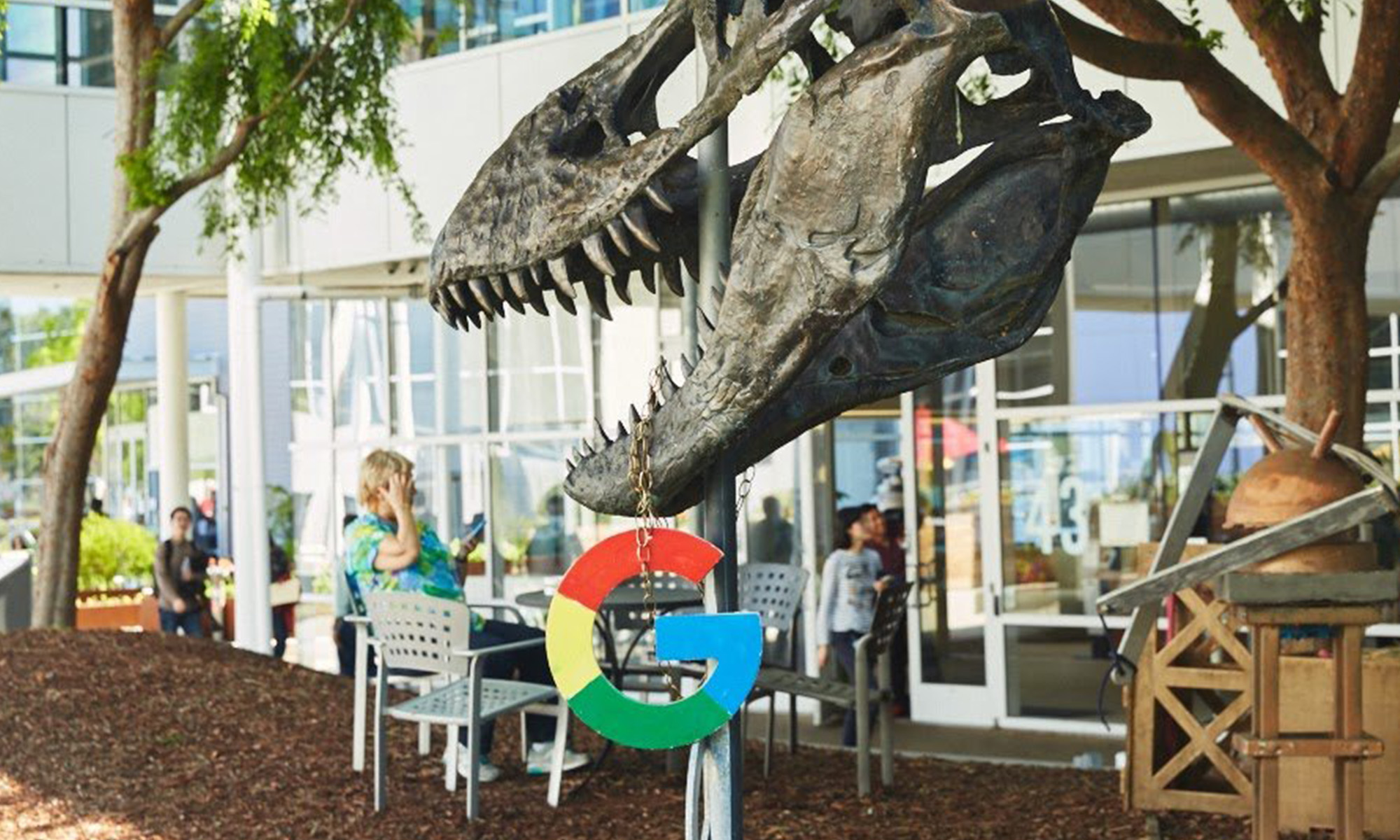
"The Interview 2014 poster" by Evan Goldberg via Wikipedia
Not even the White House could convince Apple (AAPL 0.75%) to release The Interview on iTunes in time for Christmas, but Google (GOOG +1.16%) (GOOGL +1.09%) and Microsoft (MSFT +0.48%) aren't bowing down to cybersecurity threats. After hackers broke into Sony's (SNE 0.92%) computers, leaked several movies, and threatened to leak personal information of employees, they demanded Sony cancel the release of The Interview.
Theater owners cancelled their screenings after terrorist threats from the hackers. For a while, it looked like the hackers had won. The whole thing is so absurd it sounds like the plot to a Seth Rogen/James Franco movie.
Yesterday, however, Sony announced a small number of independent theaters will screen the film on its original release date. Today it announced that Microsoft Xbox Video, Google Play, YouTube, and its own website have made the movie available to rent or buy. Both Microsoft and Google are taking on a lot of risk of cyberattacks, but the reward may be worth it for both companies.
YouTube knows that you don't know you can rent movies on YouTube
Both Microsoft and Google are small players in the premium digital video-on-demand space. In fact, most people don't even know that YouTube offers premium videos for rental or purchase. Apple iTunes dominates the market, with about two-thirds of digital movie and TV episode purchases.
The Interview represents a big opportunity for Google and Microsoft to publicize its digital video stores and premium videos on YouTube. It can attract more customers to their platforms, and once they've bought something -- like access to The Interview -- they're more likely to buy something else.
That's how Apple grew to become the largest online video distributor. It had a huge audience of music purchasers, and it was able to upsell a lot of them to videos. The trend may also work in reverse. NPD reported 58% of movie renters or buyers also bought music on iTunes in the first three months of last year.
Apple's dominance of the online video market means that it doesn't need to risk getting attacked in order to draw attention to its online video store. After all, the company is already dealing with fallout from a massive iCloud hack.
Google and Microsoft are most suited to defend against an attack
YouTube, Google Play, and Xbox Video run on Google's and Microsoft's cloud platforms, respectively. Comparatively, iTunes appears to run on a combination of cloud platforms. Both companies will have to take on additional costs to secure their video stores against cyberattacks, but owning the cloud platform on which they run means that those costs will likely be lower than they are for a company like Apple.
What's more, should Microsoft or Google survive a potential attack, they can use that to promote the security of their cloud platforms to other web services. On the other hand, a complete takedown of their systems could hurt sales. Cloud computing is a rapidly growing industry, and the rivalry between Google, Microsoft, and others has been extremely fierce.
So, who wins?
Certainly, the hackers who tried to put a stop to The Interview have lost; but that doesn't mean they won't try to retaliate. That could mean cyberattacks on Google or Microsoft, as well as more leaked data from Sony's computer systems.
Microsoft and Google have a good opportunity to promote their digital video products, and capture a larger share of a market that grew to about $5 billion in 2012, and continues to grow at a strong pace. Additionally, they might draw more customers to their cloud platforms, which represent a much larger revenue opportunity.
Sony, meanwhile, gets a chance to recoup its expenses on The Interview, with initial expectations of the movie grossing $25 million on opening day. While cancelled theater screenings and low-cost digital rentals are working against it, the massive publicity of this whole fiasco may offset those obstacles.
Investors reacted positively to the news, sending Sony shares 2% higher during the shortened Christmas trading day. That might be a lot for the news of one movie release that isn't even expected to be a blockbuster. If The Interview breaks even on its $44 million budget, it would represent just 0.06% -- that's six-hundredths of one percent -- of the company's expected revenue for the year.






